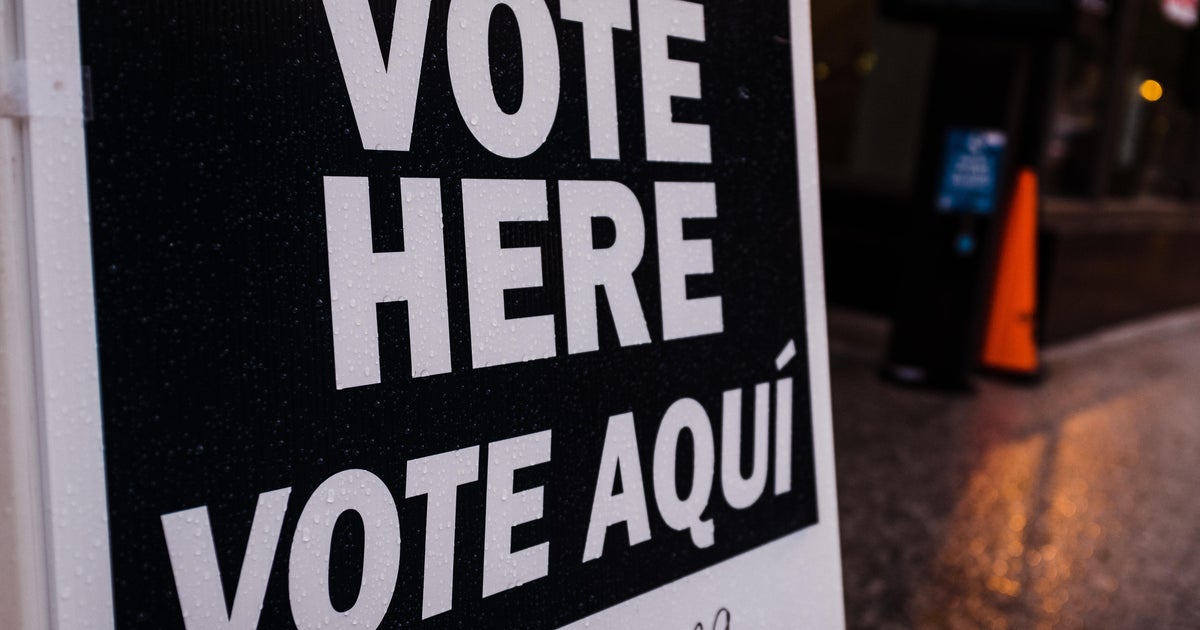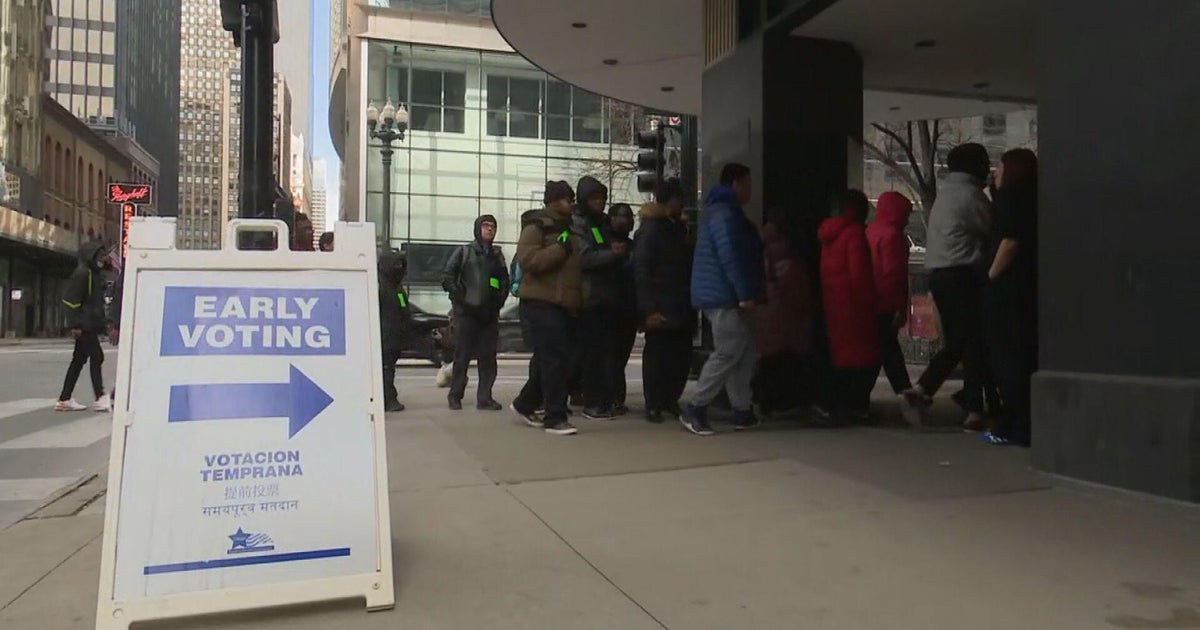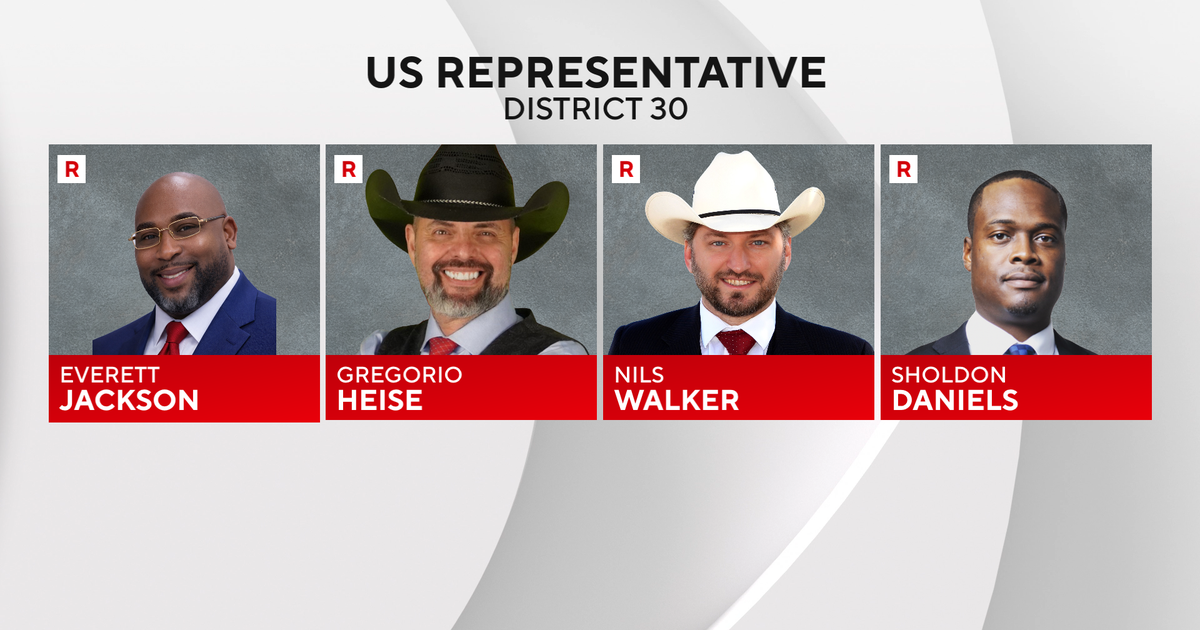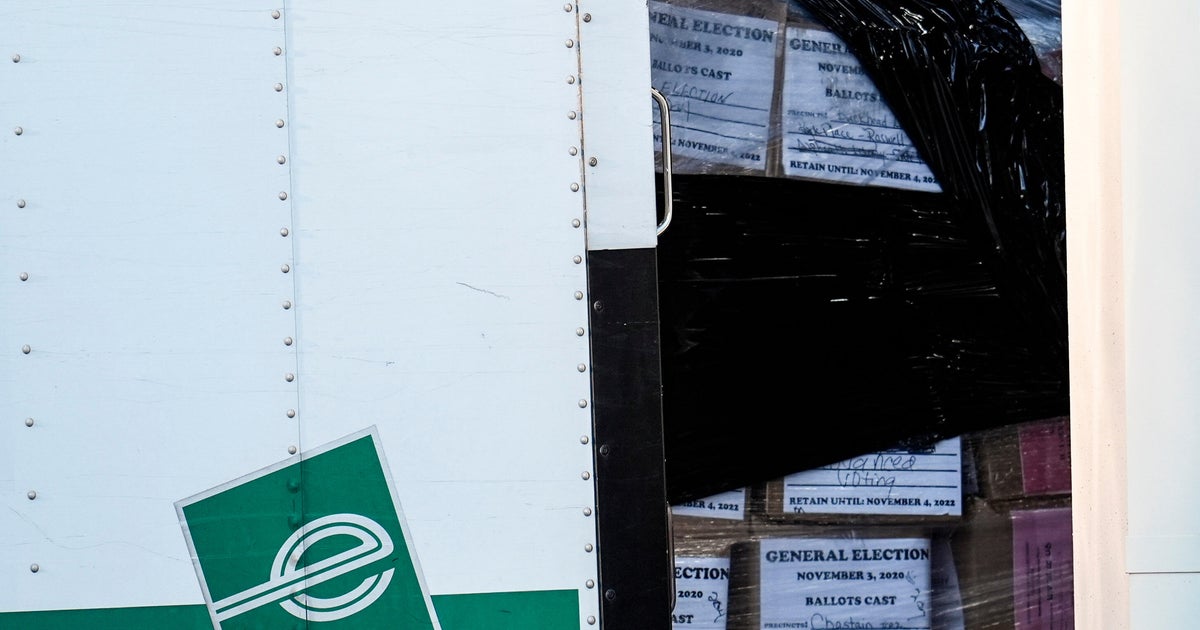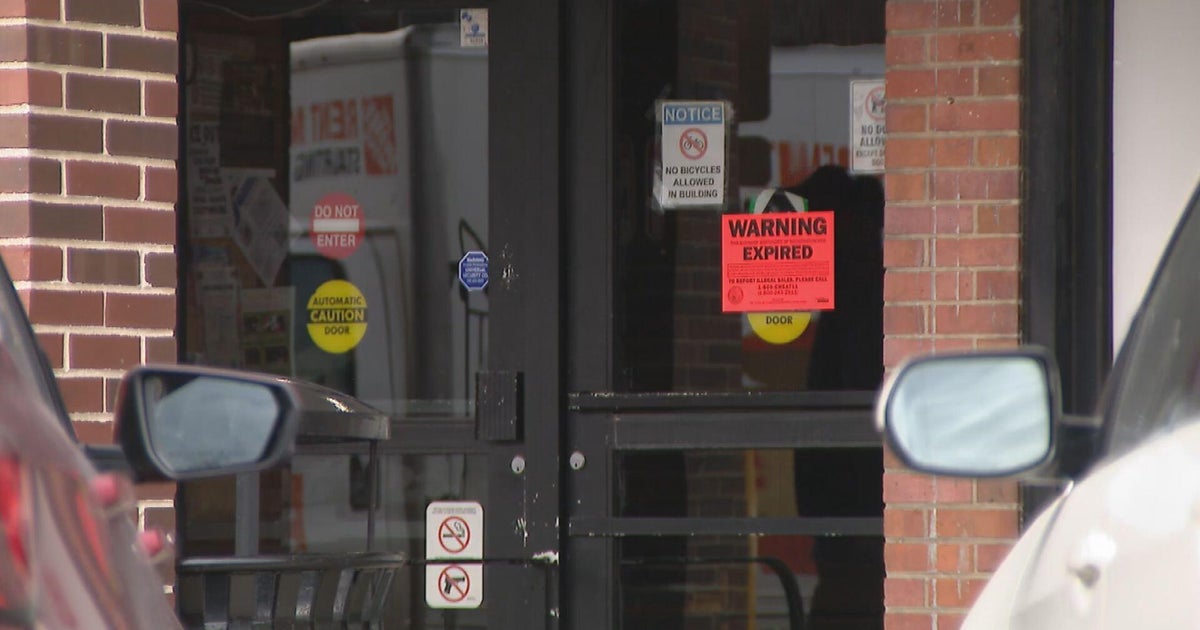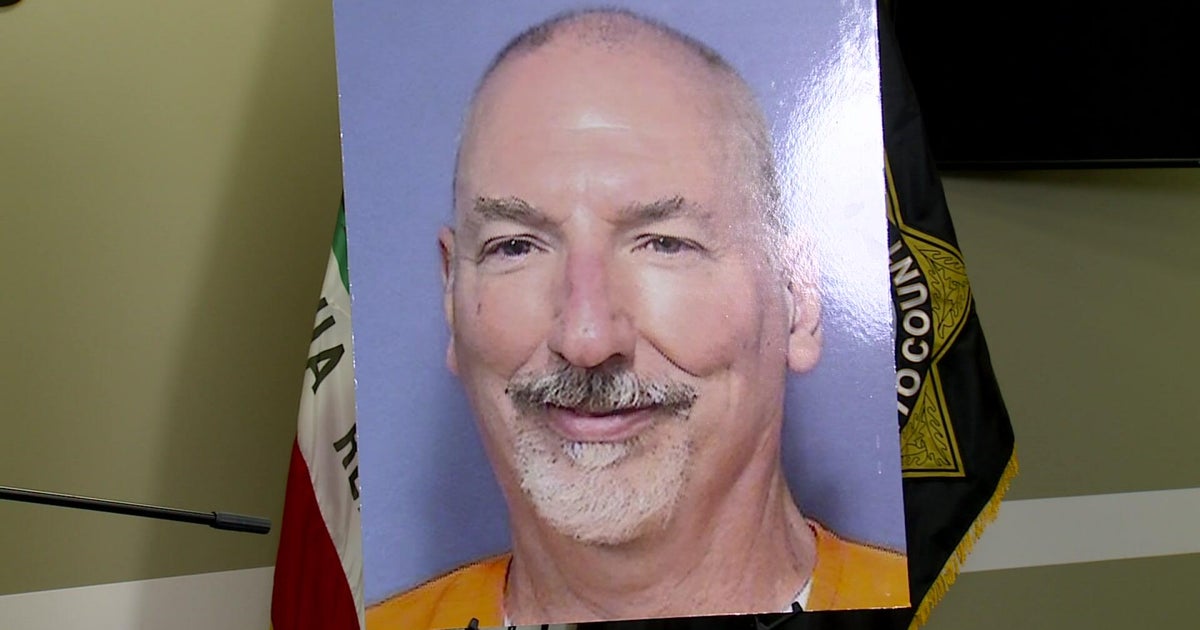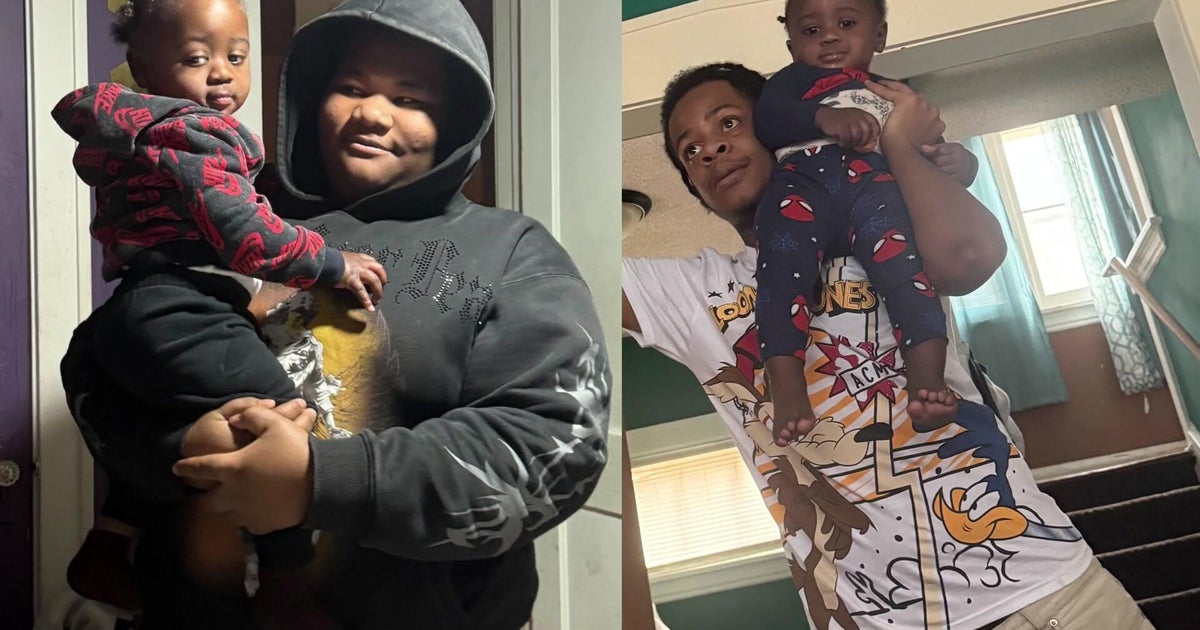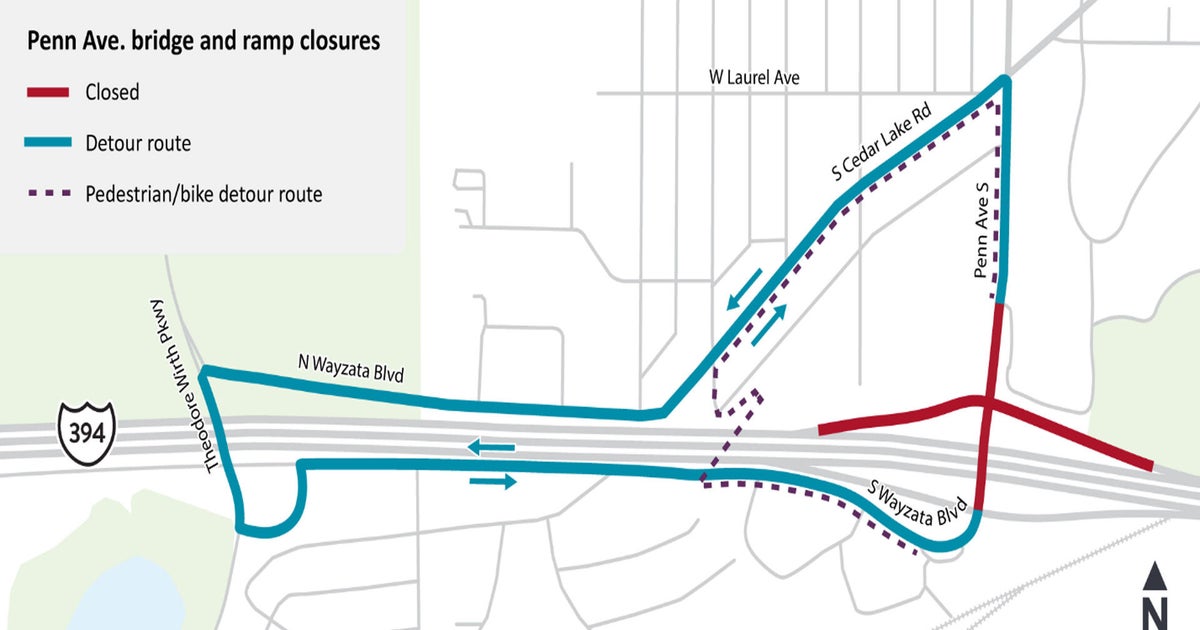Heather Brown Answers Your Elections Good Questions
MINNEAPOLIS (WCCO) -- Already, 160,000 Minnesotans have cast a ballot. Those ballots are sealed and being stored in county elections offices around the state.
Glyn from Minneapolis wants to know: How are those ballots counted?
According to state law, election officials can start opening and counting the early ballots one week before the election. This year, that would be Oct. 30 after the close of business.
Joe Mansky, elections manager for Ramsey County, says the state gives election officials a full week to count all the early and absentee ballots because they wouldn't otherwise have enough time to do it before election night. All early voting ballots results are included in election night results.
"There are a lot of people who think we only count absentees if the race is close and I want to dispel that," Mansky said.
Voters can vote early and change their minds up to one week before the election. To do so, they must contact their county election office and ask for a replacement ballot. Their first ballot would be considered spoiled. Voters would have until 4:30 p.m. on Oct. 30 to change their vote.
Campaigns, outside political groups and political parties have started to text potential voters in the run-up to the election. Those texts had Tracy from Plymouth asking: How do campaigns get my phone number?
It's most likely the voter wrote down their phone number on their voter registration application.
By law, voter names, addresses, phone numbers and how often they vote is public information. It's put into a list that campaigns or parties can buy. That list can only be used for political activity, elections or law enforcement.
Phone numbers aren't required on voter registration applications, but most people write them down anyway.
Mansky says if a voter wants a campaign to stop contacting them, then it would be smart to vote early. The Minnesota Secretary of State gets a list each day of who has voted and the campaigns have access to that.
Deb from New Hope noticed Republicans were at the top of the 2018 ballot. She wants to know why.
"In Minnesota, we want to be fair to all of our candidates," Mansky said.
For non-partisan races like county sheriff, the order rotates from precinct to precinct.
But, for partisan races, state law says whichever party received fewer votes in the last statewide election, that party gets the top spot in the next election. In 2016, statewide DFL candidates received more votes, so partisan Republican candidates are at the top of the ballot in 2018.
